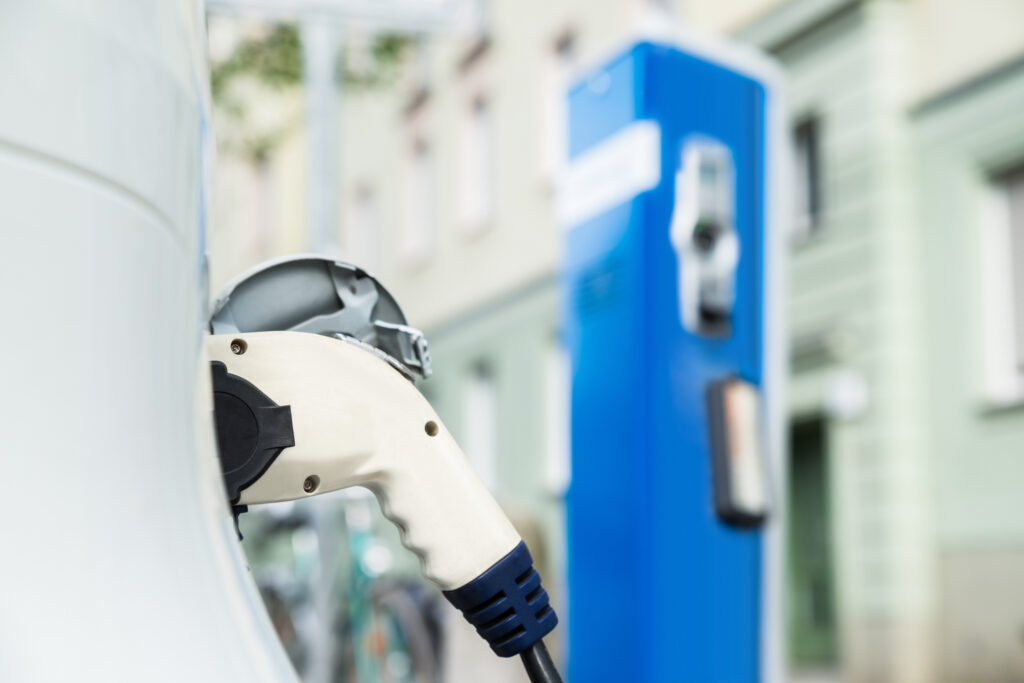UK-based Barclays has joined Climate Group’s EV100 initiative committing to electrify its fleets by 2030.
The multinational bank confirmed it would introduce a variety of electric vehicles (EV) in order to decarbonise its UK operations. This is of growing concern with the impending internal combustion engine (ICE) sale ban coming into force from 2030.
Although recognised as a global movement, the UK has reaped the benefits from the EV100 initiative with nearly 16,900 EV chargepoints having been installed by companies signed up to initiative.
“In March 2020 we become one of the first banks to announce an ambition to be net zero by 2050, which includes our operational emissions,” said Myriam Coneim, global sustainability and governance lead, operations at Barclays.
“To decarbonise our operations, earlier this year we committed to transitioning all of our UK vehicle fleet to electric by 2025 with an additional target of 2030 for our global fleet, using ultra-low emissions vehicles for the latter where electric is not viable.
“Addressing this viability challenge was key to our decision to join EV100, and we look forward to working together with Climate Group and other members to speed up the transition to electric, particularly in less mature EV markets.”
In the UK, companies such as Centrica and SSE have signed up to the initiative.
Under the EV100 initiative, SSE confirmed it would switch its fleet to electric and install charging points by 2030. It had also joined the EP100 initiative, which would see it double its energy productivity in the same timeframe.
Centricaoperates the UK’s third largest commercial fleet and committed to electrifying 12,500 of its vehicles in its global fleet by 2030.
Several projects are currently being developed aiming to install EV charging points in order to cater for the growing market in the UK. Last month a government-backed £20 million pilot scheme launched aiming to support the growth of the EV industry with the development of 1,000 new public chargepoints.
This is of particular importance to the industry with a EV100 report stating that the most significant barriers cited by EV100 members were lack of charging infrastructure (67%).
Despite this, as of 1 July 2022, the number of EV chargers in the UK had increased to 32,011 – a 6% increase from April 2022 according to the Department of Transport.
Current±’s publisher Solar Media is running the EV World Congress on 5 and 6 October at the Leonardo Royal Hotel Tower Bridge. To find out more and get your ticket, see here.





